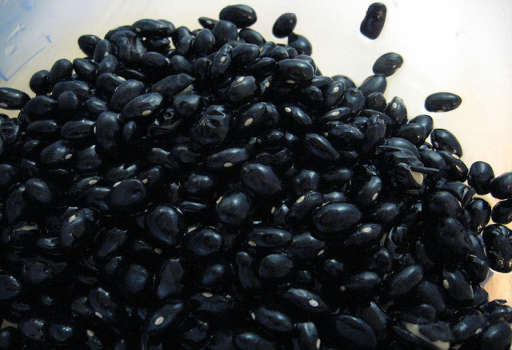Black Bean Health Benefits, Properties, and Uses

Scientific Name: Phaseolus vulgaris
Common Names: Black Beans, Black Turtle Bean
Properties: Anti-cancer, Antioxidant, Anti-inflammatory, Nutritive, Superfood
What is Black Bean?
Black bean is a legume that comes from the Castanospermum
Black Bean Health Uses and Health Benefits
Black bean health benefits
The flavonoids in black beans help to protect against heart disease by helping to reduce high levels of cholesterol. These phytochemicals also have antioxidant benefits, helping to reduce oxidative stress and free radical damage which prevents against developing cancer. This, combined with the high fiber content of black beans, makes it an especially important food for protecting against colon cancer.2,3
Black beans are also excellent for improving digestion in those with irritable bowel syndrome and constipation. Being an excellent source of healthy carbohydrates, black beans are a natural energy booster that
References
- http://www.plantsrescue.com/tag/blackbean/
- https://draxe.com/black-beans-nutrition/
- http://www.whfoods.com/genpage.php?tname=foodspice&dbid=2